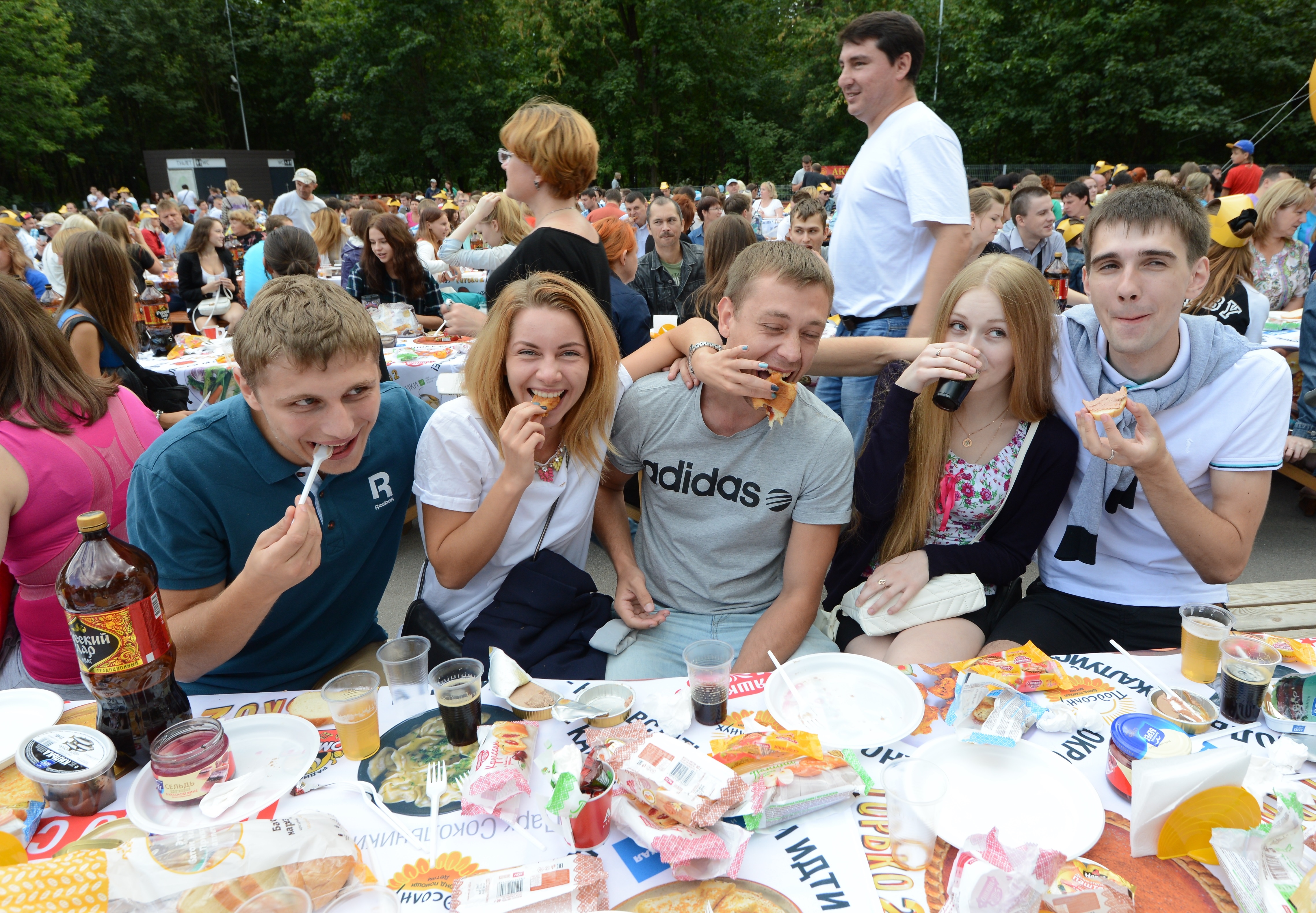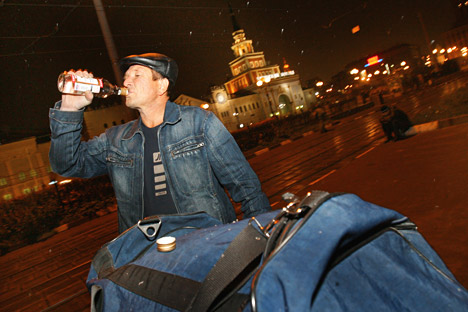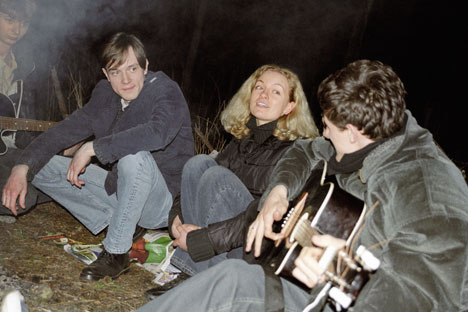The anti-expat life: Feeling at home in Russia

Russian society is open and welcoming.
Ekaterina Chesnokova/RIA NovostiAs someone who was not fluent in Russian when I moved to Sakhalin in 2003, the biggest shock that hit me was the fact that the English language hardly got me anywhere. The sheer domination of English in India’s cultural life and the fact that the language was all one needed to get around in many other countries made me believe that an average person in Russia would at least have a rudimentary understanding of what I then unreasonably believed should be “the international language.”
A taxi driver remarked at that time that the only English words he knew were “yes, hello, okay and f***”. As the first few weeks of living with a language barrier and not having the ability to express myself or display my personality hit in, negativity started creeping in and then everything from the cold to poor service culture was pushing me towards depression.
That was when a Russian friend suggested that I meet a few Indians who lived in my city. I was introduced to this warm group of expats, who were well established in oil and gas companies. One of them was a particularly good cook of North Indian cuisine and I eased back into a comfort zone, for a grand total of 20 minutes. Once the whiskeys were down, then came a discussion about Indian politics, which gradually progressed to our “beloved neighbour,” and how something needed to be done to neutralize the threat that it posed.
Here I was in a beautiful and unfamiliar place, looking out of the window and enjoying the site of snow falling on a nicely lit street, and indoors there was this serious conversation about Rawalpindi! I told myself then that I didn’t leave a good life in Bombay and move half way across the world to discuss Indo-Pak politics. No, the expat life was not for me!
If it meant that for the first time in my life, I actually had to shut up and become a good listener and get the nuances of Russian speech, so be it. My Russian language lessons in the university, combined with shying away from keeping the company of India, Dutch, American and British expats helped me quickly pick up Russian.
The biggest difference I noticed between Russian people and other foreigners I interacted with was that the former were the most tolerant to grammatical errors and other mistakes when a non-Russian spoke. The whole idea was that a person attempting to learn the language needed to be encouraged, they thought. Of course, I made my fair share of embarrassing mistakes over the first few months, and I admit that even 14 years later, I am stiff guilty of the occasional gaffe, but there’s this comfort of knowing that I am not going to be openly judged.
I remember one particular evening when a Russian friend told me that language barriers vanish after enough shots of vodka!
It took about six months of classes and living in the country before I could have a decent and independent conversation in Russian. But this was my key to personal and professional success in the country.
Openness of Russian society
As the years have passed by and I have interacted with people who have lived in different parts of Europe, Asia and North America, I have often heard complaints on the lines of “locals are nice but they never let you into their world.” Such statements have even been made of liberal places like Sweden.
The most wonderful part about Russia is the hospitality and openness of the people. Like in India, it’s normal to invite people home for a meal in Russia. The concept of emotional bonding and having deep relationships is an essential part of the Russian ethos. After all this time in Russia, it’s basically impossible for me to feel like a foreigner in the country. Once Russia embraces you, she never lets you go.
A couple of summers ago, I was back in Sakhalin and visited a friend who lived in a gated community built for expats. The place was neat and orderly but soulless. At one of its restaurants, a group of Indians and Britons were discussing cricket. At the bar a couple of people from that group started talking to me and then spoke about how much they loved living there. The high pay from a multinational, the good homes, the facilities and the likes… When I asked them whether they had local friends and if they checked out the local cultural scene, they said they didn’t feel too easy going into town and they couldn’t communicate with the locals. Both of them had been in the country for more than 5 years! I couldn’t help but feel sorry for those people who were missing out on so much in life.
Ajay Kamalakaran is RBTH’s Consulting Editor for Asia. Read more of his articles here. Follow Ajay on Twitter and Quora.
If using any of Russia Beyond's content, partly or in full, always provide an active hyperlink to the original material.
Subscribe
to our newsletter!
Get the week's best stories straight to your inbox


